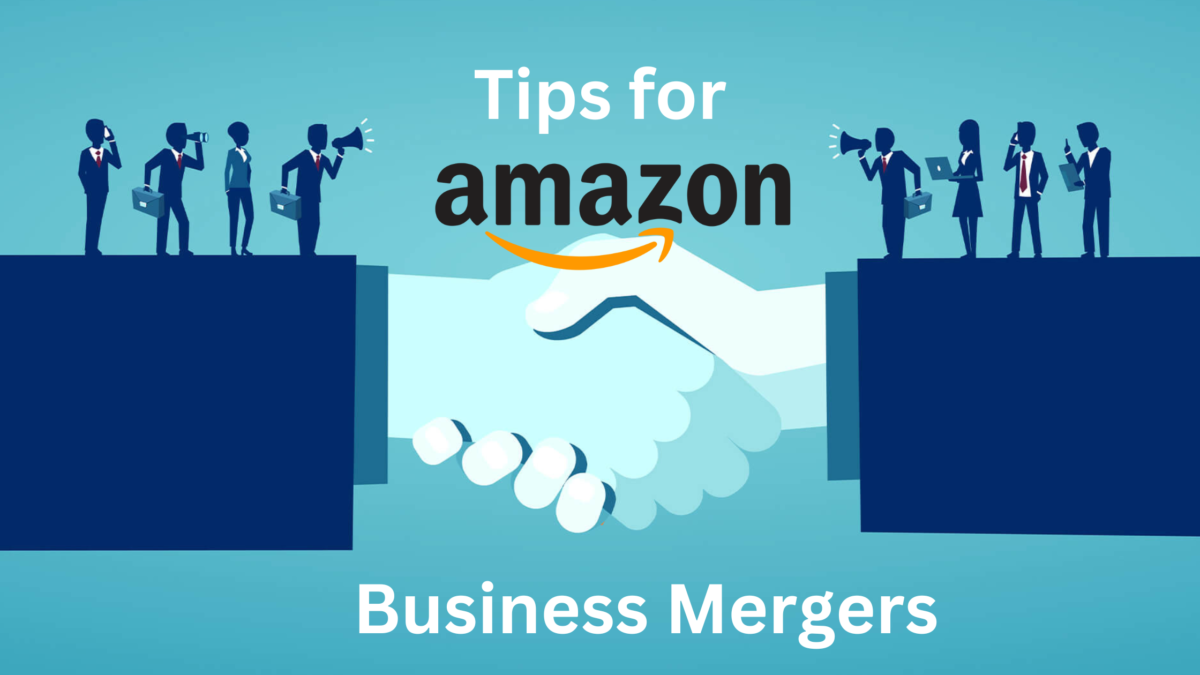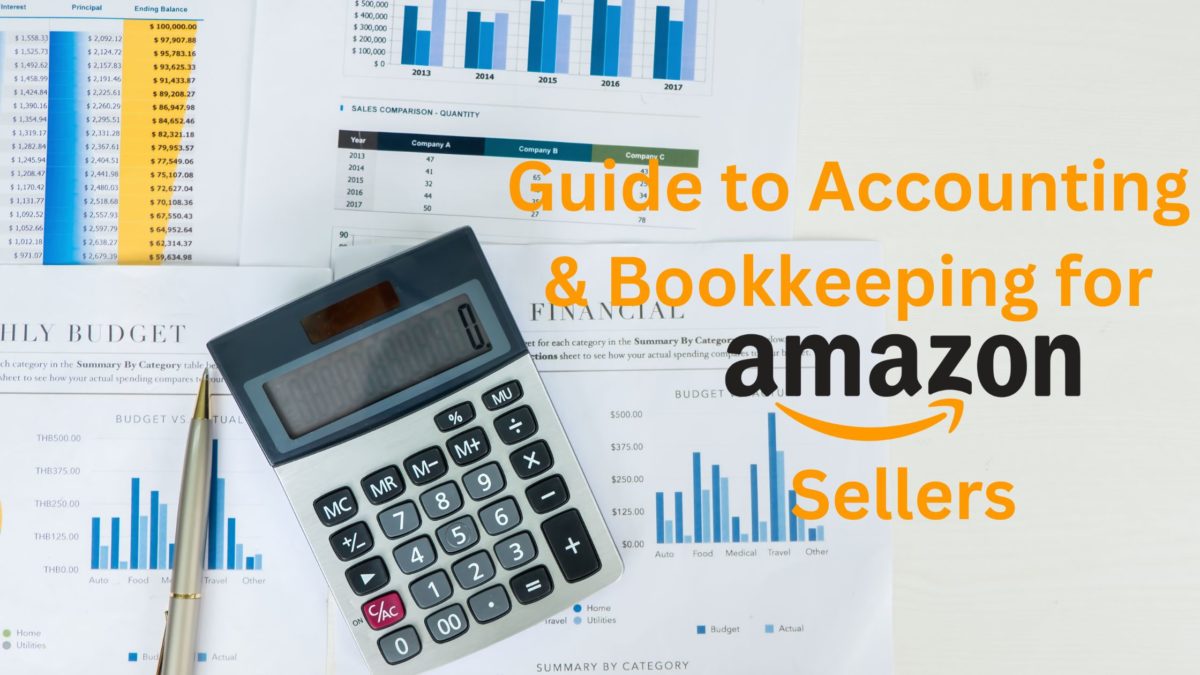I was originally going to release this as a paid ebook, so if you see any references to paid/ebook please ignore as it’s not relevant to the context of this piece anymore.
Instead we’re going to be releasing chapters of this strategy in blog post form over the coming months. This is Chapter 1: Quora.
If you are like me you hate paid ebook’s that contain tons of fluff and have 30 pages of filler and 3 pages of actual content. As a result I’ve developed this to be as concise as possible, but there’s a few points we’ll have to cover before getting into the method itself.
First up, this is and will be effective for the foreseeable future. When done correctly this works incredibly well and can be outsourced relatively easily too. Although marketers ruin everything… So who knows what could happen if you don’t get on it now.
Secondly, there are variations of this that can be done on multiple other sites (Reddit, Twitter even) but the method I’m talking about has longevity due to the comments sticking. I’ll also cover why this is great in the long term too, not just for Quora but for other channels (but that’s a conversation for another day).
Third, to do this at scale you’ll either need a lot of time or a bit of money. Like anything in business (or life for that matter) you’ll have to invest in one of those currencies.
Fourth, the method I’m talking about (the way that’s recommended) is against the site in question’s terms of service (I assume). As a result, if you are very concerned about these types of things I would probably recommend avoiding the latter stages (which ones will be obvious as we run through the strategy). I’d probably recommend avoiding this entire site actually!
Fifth, if you have any questions you can email me directly; tom(at)amazonseoconsultant.com
Now that that’s all clear, let’s get to it!
Introduction.
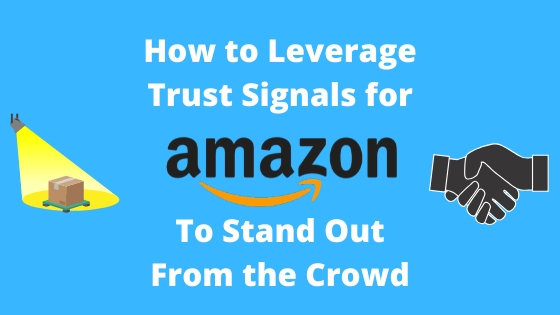
The primary issue with selling on Amazon is that you, me and everyone else that’s started or is trying to expand is about 5-7 years too late.
It sucks but it’s true. There was a time when competition was so low on Amazon that you could launch a decent to bad product and do well. Nowadays, products with 10,000 genuine positive reviews will only be knocked off by disruptive products. If you are building a disruptive product, selling on Amazon is likely pretty low on your list of priorities.
Side Note: I actually had a friend/lead come in who was 1st in health and fitness in the UK for 3 years…. Zero marketing knowledge, almost zero understanding of Amazon itself but incredibly successful due to timing the market almost perfectly with a decent product. An 8 figure brand created from absolutely nothing but perfect timing.
UK Amazon brand ranking 1st in Health for 3 years.
For the rest of us mere mortals, we have to get creative in our marketing.
On our site we get over 200 leads a month and 95% of these leads have the same issue; “We have a good product, but we just can’t generate traction”. Traction in this case relates to increased organic sales through Amazon, since that’s where the goldmine is.
Making a long story *very* short; the more sales you make on Amazon, the higher you’ll rank. The higher you rank, the more sales you’ll make. Hence, if you started 5 years ago, you’d likely have less competition, less saturation and hence a more profitable business model. But, the Amazon FBA goldrush came and we’re here. As I mentioned above I’m not going to dwell on this or have any filler it’s just important to note our overall goal here and understand it’s a f*cking algorithm.
In short, if we ignore keyword focused sales, (the most effective way to rank, hands down) we need to go to the next most effective way to increase sales through Amazon…. And no it’s not f*cking Amazon PPC.
In this ebook we’ll be revealing a strategy we’re using for new personal brands that can EITHER involve a lot of time or you can fast track it with some money.
We don’t sell this service mentioned in this post due to the resource intensiveness of it.
I’m going to describe exactly how we approach this and you can relate and refine the method to either be more white-hat, more time intensive (than capital intensive) or less of those. The core methodology is very flexible but it’s something that is not being implemented (correctly) at the moment by any sellers.
Note: Some have tried to do this in a very spammy way (shocker: that didn’t work). When done correctly, it’s a great way but there are some very important ingredients that most marketers miss in regards to this “style” of strategy.
So without further ado;
The Quora to Amazon *Trust Leveraging* Marketing Map
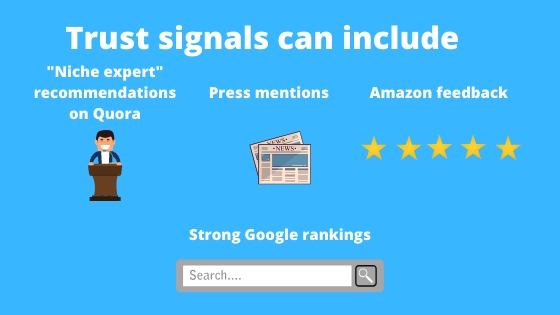
Quora, if you are unaware or have been living under a rock, is a question/answer style site that is very similar to the old school Yahoo Answers (which was absolutely abused by marketers back in the day).
Quora itself has a very simple business model (which we’ll be covering in a ton of detail later in the ebook), but during our method we’ll be leveraging 2 (maybe 3 if you want to go a little black hat) trust points.
Most eCommerce brands have heard about “multiple touch points”, essentially this means that a brand new individual who is introduced to your brand isn’t going to buy from you on the first interaction *cough re-targeting*. Instead they are going to need to be “convinced”. Some people might search for reviews, others might read your blog content, some might look into what you are doing to help the community, the vision of the company, etc. But the days of running FB ads directly to consumer products and trying to convert cold traffic are dead AF. It’s stated consumers need 5-7 touch points to sell your product. BUT touch points are basically votes of trust….
These votes of trust are extremely important and it’s what makes Amazon such a monster company. If you go onto a random website and purchase a product, then a week later decide you don’t like it, what’s the return process like? Is it easy? Is the website even still active? Your consumer confidence is LOW.
Amazon covers all their trust basis in a huge way. I’m not even going to get into how they managed to achieve this but it’s something in the early days they spent a ton of money on. Nowadays it’s automatic.
This is all well and good but what’s it got to do with Quora?
Everything.
Because we need to look at a customer process and leverage each of these massive site’s individual trust.
When you go to Amazon and search for a product you don’t stop and think “I wonder if they are just ranking these using KWFS or crazy Chinese seller tactics…” The consumer just assumes top 5 are best and hence they purchase one.
THIS IS SO IMPORTANT!!
Why?
Because as FBA sellers that’s what we are taking advantage of – we’re leveraging the trust of Amazon and essentially paying a commission for it.
As Amazon FBA sellers, we’re leveraging the trust of Amazon and essentially paying a commission for the use of it.
Tom Buckland.
As marketers (SEO’s specifically) we’ve been doing this for years with another search engine….. Google.
We rank sites, customers come through “the almighty Google” (which can never be wrong……….. right?) and they come to the top ranked sites….
Another example of leveraging trust.
I did a post on this not to long ago called the psychology of search for anyone interested.
So, what happens if we could leverage 4 or 5 trust signals (which are essentially touchpoints remember) into one epic customer journey… Oh and there doesn’t have to be any paid advertising involved….
It looks like this;
- Potential customer searches a broad query related to your product/brand in trust leveraging entity 1; Google.
- Google then shows a list of 10 results. One of which is our trust leveraging entity 2; Quora.
- Within this Quora answer we have the potential for a trust leveraging entity 3; “industry expert” but this depends on personas you create, we do this as it improves conversions. It dos this easily because this industry expert is “trusted” and you’ve already piggy backed on the back of Google and Quora’s perceived trust. Trust leveraging entity 3b is also the fact this answer ranks 1st within a group of other answers on Quora too.
- Trust leveraging entity 4: Amazon → This is where you can send your traffic as a reference point related to your answer. This obviously can also be linked to a website, YT video (future ebook on that strategy).
That’s the core bones of the strategy, but as mentioned there are some elements to get right as well as some details we’ll run through over the next few pages with the step by step training.
You can also use these to try to bring sales/traffic directly to your website too, but as you don’t get that added trust entity it is tough to convert. I’d recommend focusing on non-purchase goals if you go this route;
For another subscription based business this can also work too but as you can see conversions are very low, but if your LTV is $1,000+ it’s a good starting block.
Detailed Strategy Breakdown.
Stage 1: Curating Your List Of Quora Questions.
There’s some very important steps here as simply going onto Quora and answering “any old question” is going to be a massive waste of your or a team members time.
Instead we want to look into the questions that are getting the most eyeballs. But more than just looking at Quora’s view stats, we want to think about curating the most relevant list related to things that are already appearing in Google.
This adds another level of trust to the entire process that is far beyond what the majority of Amazon sellers implement.
The method (we) use to do this is to use a tool called Ahrefs. The process works as follows;
Login (or sign up to a free account) with Ahrefs (I’m not affiliated with them, SEMrush works well too). Put Quora.com into the site explorer and you’ll see this information.
Here there’s multiple great areas to explore, in this case we’re going to be looking into the “organic keywords” data. There’s over 63 million organic keywords Quora ranks for within the top 100 results in Google.com
If you are looking to target another country, this next stage can help filter your results and save you a lot of time.
If for example you are only looking at UK or Canadian rankings, we can sort by only those terms and still have 3M+ organic terms to look into.
But for this example, I’ll stick with the USA as the majority of Amazon sellers will be on Amazon.com.
There are 3 other key filters we’ll need to look into. These are “position” and “volume”. Here we want answers that already appear on page 1 of Google (otherwise they are likely not getting any traffic from Google anyway). And secondly the volume filters. This stands for monthly search volume, how low you’ll want to put this depends on your specific niche, but we’ll tweak and fiddle with these as we go along. Finally we’ll need to sort by specific keywords associated with our niche or brand.
Let’s say we’re in the fitness niche but more specifically the nutrition niche selling on Amazon. We want to target multiple keywords related to nutrition, correct food choices, supplements, specific type of supplements etc. We’ll set some filters and then put our exact keywords (separated by commas) into the word search feature.
We’ve now got 500+ questions related to our industry that we know already get eyeballs and views directly through Google, let alone any Quora organic visitors.
From here we’ll want to export and sort these removing duplicates.
You’ll end up with an ugly looking excel doc;
From here we can remove most of the info just leaving the URL of the question itself, you can leave in the search volume and keyword for reference if you want some extra context.
From here we can hit one of the most useful excel buttons of all time and remove all duplicates.
How many were in your original seed list will depend on the unique values (questions) you have remaining. In this scenario we have 279 uniques left.
From here I’d recommend running through these quickly to check any irrelevant ones that might have been included. Although remember the f*cking bridge in marketing, just because a question is not directly related to what you are looking for, you can always create a bridge and reference your product, a blog post, Amazon listing etc.
And I promise you you’ll have a laugh doing this too.
One technique that can be used if you or a team member doesn’t have much time to implement to this strategy is to colour coordinate relevance.
But as you can see some of these questions can be HYPER related to a particular brand. For example; “Does eating the cartilage on a chicken bone have any nutritional value”. This individual (and anyone else who ends up reading this) is clearly extremely interested in the nutritional impact of food. As a result, why not take advantage of this and write an epic mini-piece of content that can drive visitors and potentially customers for months and years.
Stage 2: Answering.
One of my pet hates is going to white-hat SEO talks and someone saying “great content”. This is now the SEO equivalent of a local business opener saying “be open” as a genuine piece of advice.
Good content is part of the game, on it’s own it means less than f*ck all.
Anyway, mini rant out of the way.
When answering these questions I’m not going to bore you by saying “write the best answer to the question” because everyone already knows this, instead here’s 3 keys that we tend to try to build into every answer;
- Visuals — The majority of people learn better with visuals. It’s also great for UX and conversions, this is even better if you can use the images from your site and then get the footnote link too.
- Your property reference — In this case this will be your Amazon listing. But don’t be afraid to reference another piece of content (potentially a blog post, or even better is another trust leveraging asset, such as a press piece about your business/product).
- Have a personality — Don’t be dry in your answering, there’s nothing worse than ego within answers. A 1,000+ word answer on Quora is overkill. A visually developed answer that helps the individual and points them in the right direction if they want to learn more is the perfect way. Focus on being genuinely helpful for anybody asking this question.
The key to answering is to simply have the best answer. If there’s dozens of other answers it’s going to take a lot more work. If there’s only 3 answers already, it’s likely going to be pretty simple.
This strategy works even better if you have some clout behind you already. Or…. If you don’t want to spend 3 hours a day on Quora answering questions, give a trusted team member permissions to post there on your behalf…. I know multiple successful marketers who do this but probably wouldn’t like me mentioning names. In either way, having clout before you start or leveraging someone else’s clout helps speed this process up and even adds ANOTHER layer of Trust leveraging. Another one.
DJ Khaled.
Stage 3: Rankings. The Nudge.
Another mini-rant based on useless SEO advice incoming; “Build great content and they’ll come” “Just post to social first” “buy a press release”
Doesn’t work.
The “great content” space is saturated, but the great content + great promotion space is not.
In the context of this situation I’m going to assume there’s no link building of any sorts going on, cough, go here if you need link building. But in the context of this I’m going to talk about 2 options you can do to start rankings, the “nudge” to the top of question.
If you aren’t ranking 1st in Quora then no one is reading your answer. The easiest way to rank 1st in Quora (assuming you already have the best answer), is to have the most upvotes.
Once you have the highest number of upvotes it’s tough to knock you off without another competitors using one of these nudge techniques. And shocker, these are based on either money or time.
The first (money) approach is to use Quora Ads. This is something I’ve loved recently and something that will be in the full video course of this programme when that’s completed.
Quora ads (as the name suggests) is the only way to purchase traffic to your answers in a ToS+ way. I’m not going to outline how to do this now as there’s some easy YT videos that explain it. The key part you want to implement is views to your specific answer within a question (or category). This will lead to increased upvotes and compared to other online advertising it’s dirt cheap. Think Facebook ads in 2016 kind of pricing….
The second (money) approach is to purchase upvotes. This is not a technique I officially advise as it’s against ToS (I assume). But, if done correctly, it does work.
The third (time) approach is to manually build accounts on Quora and slowly build the trust of these over time. Using VPN’s and unique emails you can build anywhere from 10 to 50+ personas on Quora that you can then use to upvote your own answers. This takes a very long time and is (almost certainly) against ToS.
Once you are ranked 1st you’ll see traffic start to come through from Quora. If you drop off though, you’ll see that dry up very quickly. Whatever ranking method you decide to use, ensure you track your rankings and take action to stay on top, otherwise this entire process will be a waste of time.
Below is an example from a campaign 2 weeks old, which is up to 10/day based on just 4 answers (quality AND quantity) but if you can’t do both then always put quality first.
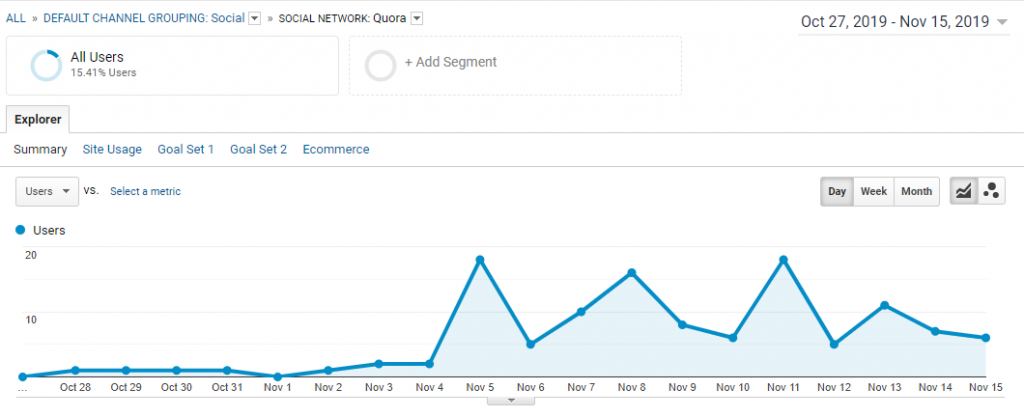
Stage 4: The Optional 2.5X
This stage is optional as it’s tough and involves both money + time.
As the above Quora strategy is one segment of the overall trust leveraging marketing map, it’s very easy to implement on it’s own and get to 50-100 users / day within a month or 2. But if you want to get to 150-300+/day from ONLY Quora then you’re going to need to push an underground level.
Previously I touched on link building for about 3 seconds, but getting to the next level on this underground Quora marketing map, link building really can put this stuff on steroids. Let’s just explain the marketing maths first.
If you’ve answered 100 Quora answers and rank 1st for all 100. Currently those answers rank an AVG of 5th in Google. As a result you get 50 viewers each day per answer (5,000 viewers a day). That’s some good figures. But as we’re only going to be getting a 1% CTR from Quora to your site, that’s only 50 visits per day.
If these are hyper targeted and convert into sales/leads then great. But what about 2.5X’ing that?
To 10X that we have 3 options;
- Improve CTR from Quora to Site/Amazon listing… I’m assuming you may have gone back and tweaked your answers to help this. But again this isn’t something you control.
- Increase the number of questions you answer… But again, what happens if you are out of relevant questions?
- Increase the number of viewers on those specific questions… But we can’t create demand within Quora… Can we?
Well, of those options, number 3 is one we can implement and scale.
The strategy is very simple, instead of Quora ranking 5th in Google on average. We push these up to 2nd/3rd on average (I would say 1st but to average 1st across all answers is going to be extremely tough).
As a result the average CTR from 5th in Google is roughly; 9.51% (thanks to data from the legendary Brian Dean, image below is also from here).
But if we rank 2nd (on average) then we’re going to be looking at 24.71% click through rate. Over 2.5 times more visitors. That’s with no additional answers written.
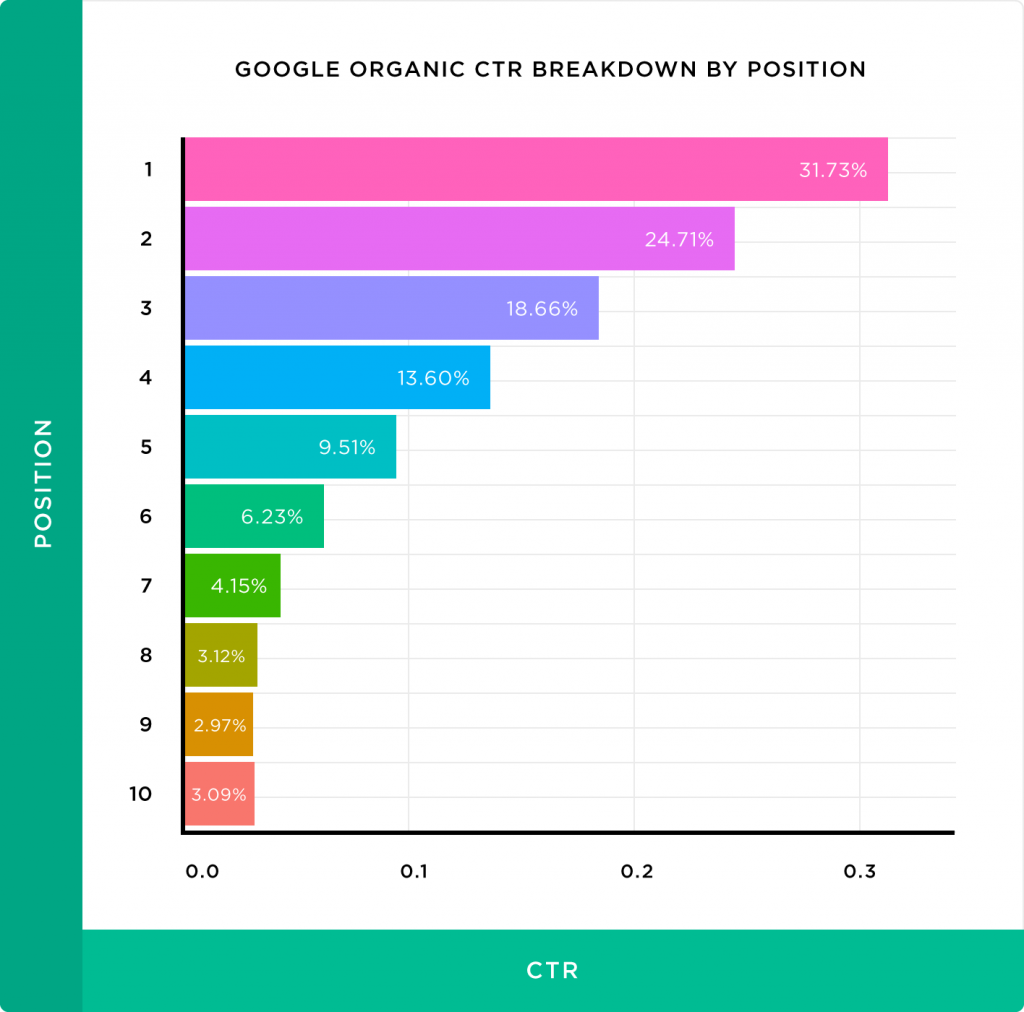
To do this is not easy but it’s not as tough as building links directly to a website as the quality (and hence cost) can be a lot lower.
I’m not going to run through how to do this at scale as there’s tons of info on our link building blog, but the short version is you’ll need to build contextual dofollow links to the Quora question URL itself. As Quora has so much authority, it doesn’t take many individual links to rank. As with everything you can outsource this and spend money or implement yourself with time.
That’s it for Quora.
Chapter 2 with a new channel will be coming soon!
